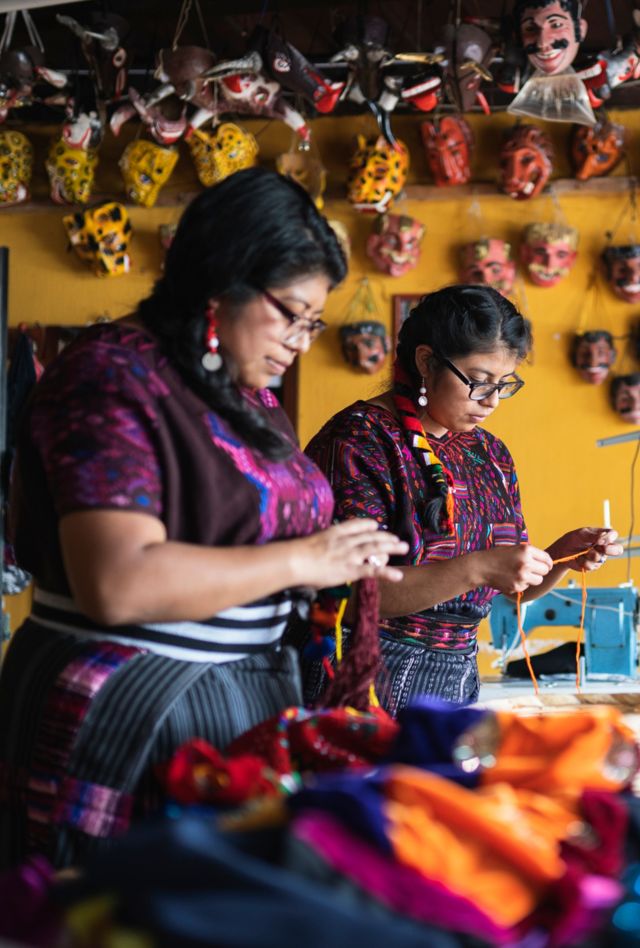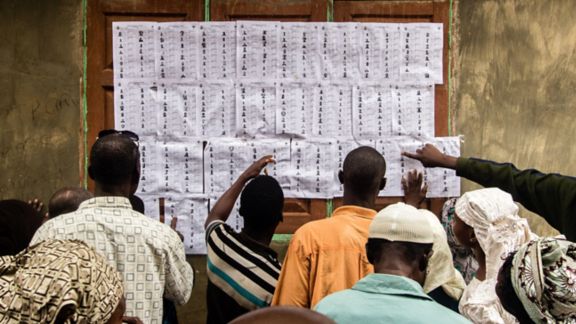Leveraging Labor Market Data in Guatemala, El Salvador & Honduras Evaluation

Problem
Labor market data and systems needed strengthening.
As part of the U.S. Strategy for Enhancement in Central America (September 2017), the Bureau of International Labor Affairs’ (ILAB) grants supported poverty reduction by contributing to create jobs and grow businesses in El Salvador, Guatemala, and Honduras. These contributions aimed to improve the quality and strength of labor markets in the region and required reliable data to identify job opportunities, properly train the workforce, and overall, pursue policies for employment creation. However, policy makers, businesses, and the workforce faced a patchwork of difficult-to-access, inconsistently analyzed, and incomplete labor market information (LMI) in all three countries. ILAB partnered with the American Institutes for Research (AIR) to provide technical assistance and training to their governments on improving the collection and dissemination of LMI, encourage educational and workforce development programs, and encourage the agencies’ partners to use this information to design and implement more effective educational and workforce development programs.
Solution
NORC assessed project success using expertise in complex evaluation and sustainable change.
We completed a mixed-methods performance evaluation that shed light on the project’s accomplishments and challenges in reaching its intended outcomes in each country. Through administering 66 key-informant interviews in El Salvador, Guatemala, Honduras, and the U.S. and an online survey (n=125), we collected rich information on project implementation, outcomes, sustainability conditions, and partnerships. Respondents included project staff, key project partners, trainees, and representatives of national statistical institutes, labor ministries, academic institutions, and private sector organizations. We also identified positive practices and collected lessons learned by interviewing AIR and the statistical agencies in each country.
Result
We found uneven achievements within an uncertain context for sustainability.
We found that while the project was able to engage productively with the statistical agencies in all three countries and impact the production of more reliable, comprehensive, and current labor market information in user‐friendly formats, its ability to increase the skills to use and understand such information systems was not as successful. Sampling strategies and data collection methods continue compromising data quality and reliability. Such limitations harm the validity of any inferences made with local labor market data.
Our recommendations offered a clear path to ILAB and other funders to continue supporting stronger systems of labor market data in the region. The evaluation confirmed that volatile political conditions in all three countries offer no certainty for long-term planning and developing labor market information systems. Engaging with and strengthening the capacity of non-political actors is crucial to enhance information systems independently of political upheavals. A key recommendation for future funding of LMI initiatives is to have a two-pronged approach that bolsters the use of LMI among decision makers and increases LMI quality, standardization of data collection practices, and digitization.
Related Tags
Project Leads
-
Carlos Echeverría-Estrada
Research ScientistProject Director -
Greg Haugan
Research ScientistChief Statistician -
Kareem Kysia
Program Area DirectorSenior Advisor









